You’re standing in the doorway, coat checked and a glass of wine in hand, facing a room full of unfamiliar faces. You feel a bit awkward and slightly panicked about whom to approach first and what to say. Your mind whirls: Am I dressed appropriately? Did I bring enough business cards? What if I say the wrong thing?
Working a room can make even the sharpest businesswoman quake. Career consultant Simma Lieberman recalls the time just after she started her business and paid $35 to attend a networking dinner. She went by herself, dressed in her power suit, ready to mingle and make connections. When she walked into the hotel and saw the other attendees talking and having a good time, her courage evaporated. Intimidated, she turned on her heels and went back home. Mortified by her quick surrender, she soon made it a priority to excel at networking.
ForbesWoman spoke with a handful of experts for advice on how to approach any networking situation. Here are their foolproof tips:
Arrive Early
“Be unfashionably early,” suggests Leil Lowndes, author of How To Instantly Connect With Anyone. The other early birds will be more available and easier to approach with fewer people in the room. Beginning a conversation among the first-to-arrive crowd means you’ll already know a few people once the rest of the attendees show up. Plus, you’ll automatically be in the middle of the party as others come in around you. If you arrive late, prepare yourself to face a wall of people already engaged in conversation.
Offer a Simple Introduction
The easiest way to break the ice at a networking event is to strike up a conversation with the first person you make eye contact with or with the first small group of people you come upon, says Courting Your Career author Shawn Graham. Walk up, smile, catch someone’s eye and say hello, he advises. And oftentimes the best opener is the simplest: “Hi. How are you?” is a universally terrific opening line. Introduce yourself, name your company or affiliation, and don’t get bogged down with too many personal or professional details. Focus instead on remembering the other person’s name, and try to find common ground between you.
Ask Questions
Rita Gunther McGrath, professor of management at Columbia Business School, says talking too much about yourself is “boring, vaguely insulting and will get your business card dropped in the trash.” Instead, ask about the other person. Inquire about their line of work, how they happened to be at that event, the venue or any similarities you might share.But be honest and genuinely engaged, McGrath warns. It’s a big mistake to feign knowledge of people or specific events they are talking about. The other person will sniff out the insincerity immediately, she says. Another no-no is to let your eyes wander around the room when the other person is speaking. They’ll think you’re looking for someone more important to chat with. Your goal, she advises, is to make the other person feel like the only one in the room
Make the Biz Card Exchange Meaningful
While getting business cards is important, exchanging them without first building trust is nonproductive, writes Anne Baber and Lynne Waymon in Make Your Contacts Count. If you leave an event with 20 or 30 cards, chances are that you won’t be able to match them to the corresponding owners’ faces and haven’t made any real, lasting connections. The duo call this haphazard exchange “cardboard connections.” They suggest finding a meaningful reason to follow up afterward, such as an article you read that might be helpful to the other person, or if you’ll both happen to be in the same city a week later and can try to meet up for lunch. If there’s a concrete connection, they’re more likely to remember you and care about hearing from you.
Follow Up
The whole point of attending networking events is to foster relationships, so following up is key to keeping them moving forward–especially if you’re looking for work. Recruiters at Stanton Chase, a global executive search firm, suggest sending e-mails the day after an event and then touching base a couple of times in the following few weeks. Use the follow-up to extend the conversation. Remind them of what you were talking about and provide them with new information, be it an article or examples of your work. Ask to get together again, over coffee or lunch, to continue the discussion.
Article From Forbes Woman

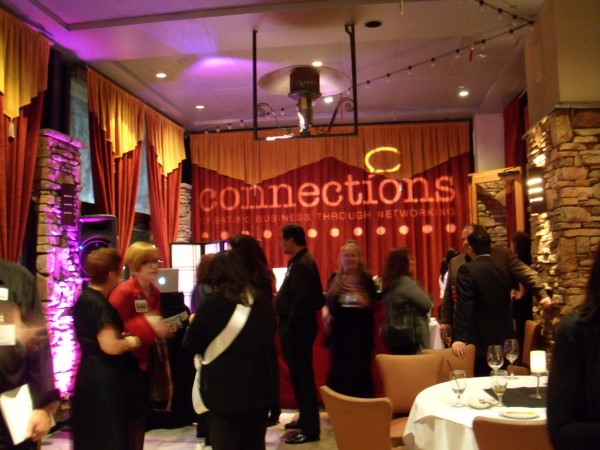
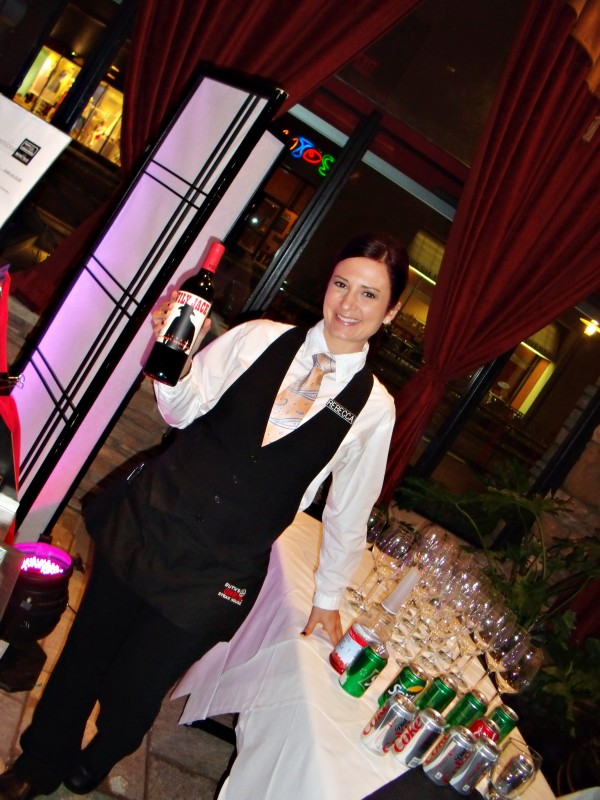
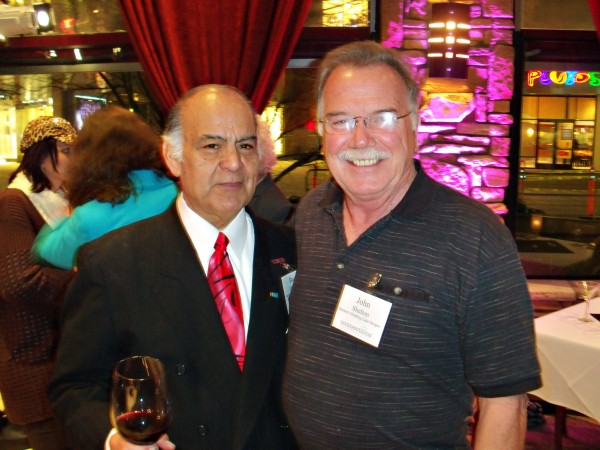
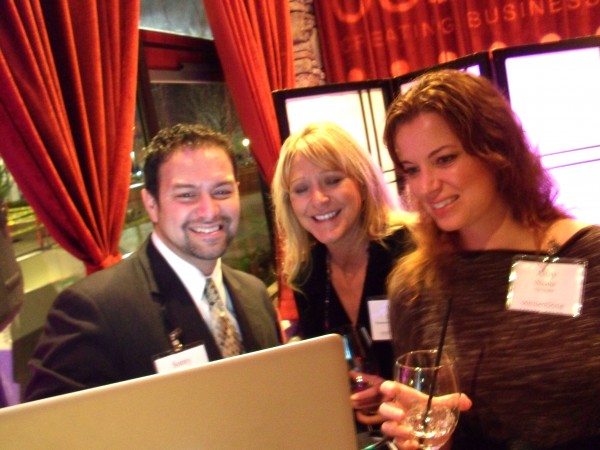
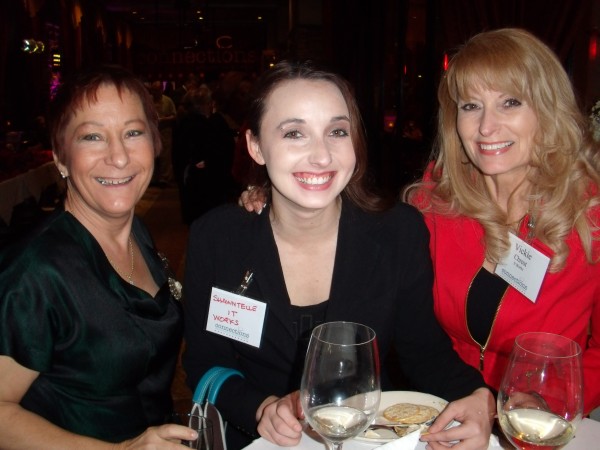
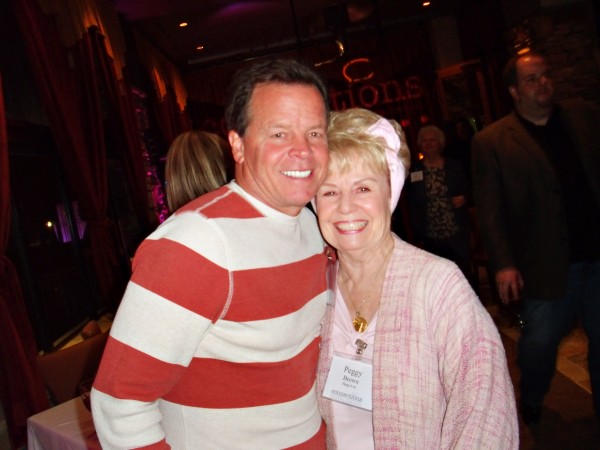
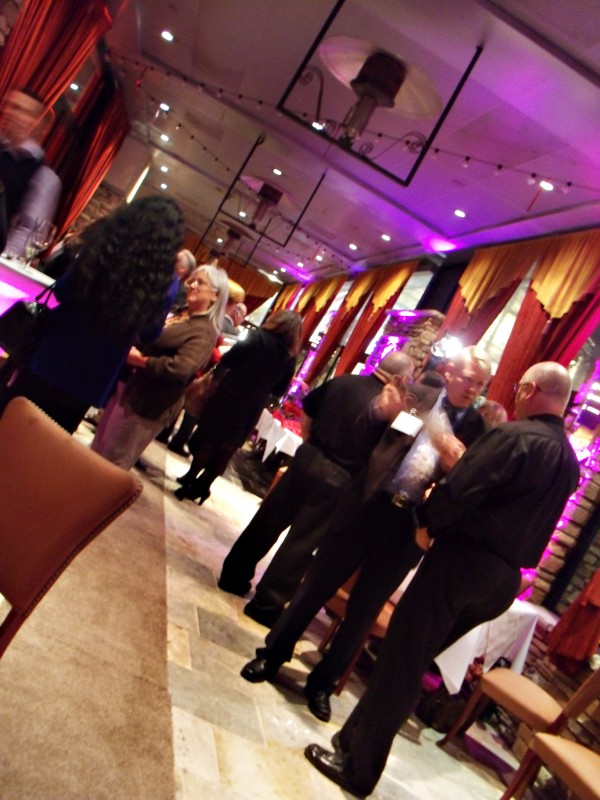

Great Post Diana, thanks!
The best networking starts with a plan and a goal, to many haphazardly roll into events without a clear vision of what they want and or how they will get it. I really like “cardboard connections” line … 30 cards and no meaningful contact or authentic reason to follow up is a waste of time for all.
I wish more people fully understood that networking is not selling – it’s connecting (sifting and sorting ) to see if a further meeting is called for, and business can be conducted.